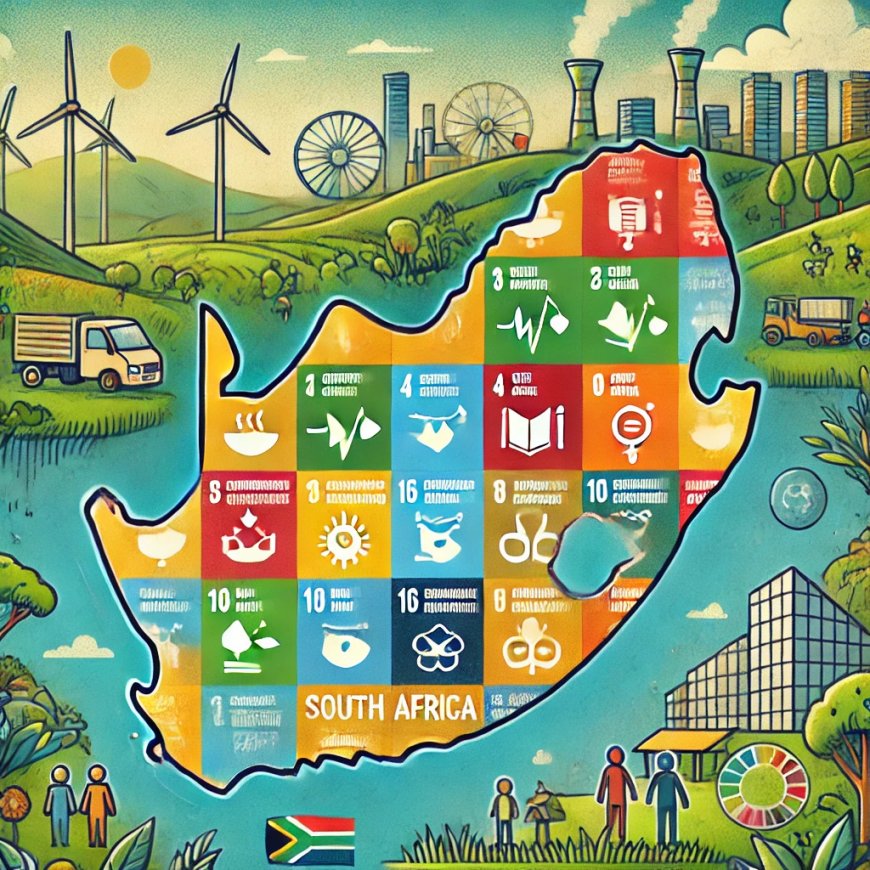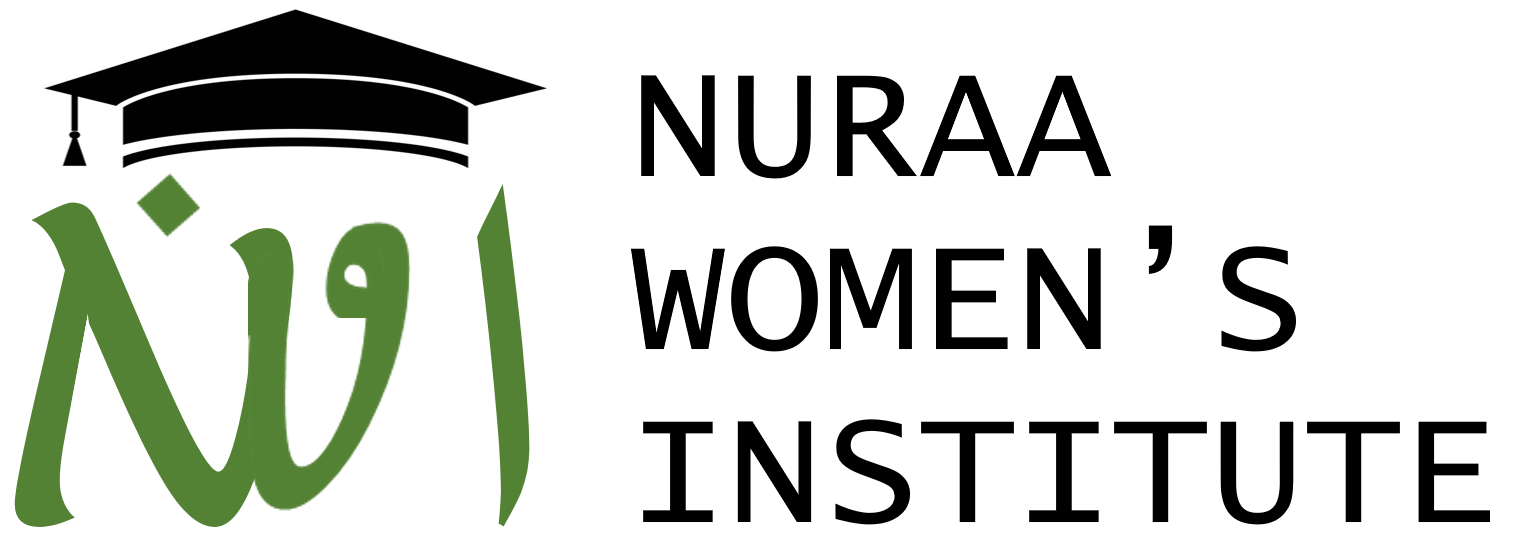Sustainable Development Goals – Tracking South Africa

By: Mrs. Rehana Khan Parker (Fellows; Batch 2023-2024; from South Africa)
Mrs. Rehana Parker has been a practicing attorney for 31 years in Cape Town, South Africa. She manages her own law firm, Rehana Khan Parker & Associates
.
Introduction
South Africa agreed to be a signatory to the United Nations Sustainable Development Goals, in September 2015 for Sustainable Development 2030, whereby South Africa is bound by its international obligations to ensure that its programmes and strategies are in tandem with the Sustainable Development Goals (SDGs) pledged that “no one will be left behind”. This saw the adoption of a global action commitment through a common agenda on SDGs (https://sdgs.un.org/2030agenda).
This historic decision with its plan of action for people, planet, and prosperity, encompasses a comprehensive, far-reaching, and people-centered set of universal and transformative Goals and targets for the full implementation by 2030.
This is an Agenda of unprecedented scope and significance. It is accepted by all countries and applies to all, taking into account different national realities, capacities, and levels of development and respecting national policies and priorities. These are universal goals and targets that involve the entire world, developed and developing countries alike. It is aimed at addressing Systemic issues through Policy and institutional coherence,multi-stakeholder partnerships, data, monitoring, and accountability.The ambit of the SDGs follows a holistic approach, which contains 17 Sustainable Development Goals with 169 targets set across 3894 events, 1348 Publications, and 7821 actions.
.
Application of SDGs to South Africa
As South Africa is still a new democracy, its vision is to have a dynamic South Africa, where the Rule of Law is paramount, guided by its Bill of Rights in a country where the constitutional rights of citizens are foremost, to realise an equal and just society.
.
Frameworks
South Africa concluded a United Nations Sustainable Development Cooperation Framework (UNSDCF) for the years 2020- 2025. This involves a consultative process that includes the private sector, civil society, academia and research institutions, women, and youth. The process undertaken affirmed the following principles: host government ownership and leadership; multi-stakeholder participation; and alignment to national priorities (https://southafrica.un.org/en/sdgs).
In order to achieve the SDGs for 2030, the alignment of the Diagnostic Report which set out South Africa’s achievements and shortcomings was addressed through a “National Development Plan 2030 (NDP 2030) termed “Our future - make it work”, to form the basis for chartering the way forward until 2030, aimed at reducing poverty and inequality, realizing that such a society will require transformation of the economy and focused efforts to build the country’s capabilities (www.gov.za/issues/national-development-plan-2030 ).
Ongoing mapping of this NDP to the UN and African Union SDG agendas was done on 17 June 2021,highlights the convergence between the NDP and SDG targets and Agenda 2063 of the African Union. The exercise examines the gaps that occur between the NDP and the two development frameworks. Further, owing to South Africa’s leadership role in most global and continental processes preceding the adoption of the SDGs and the African Union Agenda 2063, it would be expected that there would be a significant level of convergence between South Africa’s development frameworks and the global / continental agendas. This assessment should be read in conjunction with Statistics South Africa’s baseline report on SDG indicators, which will ultimately be used to track progress (www.statssa.gov.za/MDG/MDGR_2010.pdf ) and further tracking in Report 2015.
United Nations Development Group, 2016, SDGs are Coming to Life
The assessment above indicates that fully addressed and partially addressed SDGs account for 74% of all SDGs, meaning there is strong convergence between the NDP and the SDGs.
...
Taking Action – the legal industry
As South Africa finds itself as one of the most unequal countries in the world, opportunities to gain access to leadership within the profession are met with several barriers. Representation fails in terms of diversity and inclusion. The current statistics of the profession are not reflected in terms of the demographics in South Africa although significant progress has been made for parity to level these playing fields. The SDGs are a blueprint to work towards achieving gender equality for a better and more sustainable future for all. (https://southafrica.un.org/en/sdgs )
At an Executive and Institutional level, legislative frameworks and various efforts are in place to meet SDGs 5 and 16. In terms of The Black Economic Empowerment Act 53 of 2003 as amended by Act 46 of 2013, aims to facilitate broader participation in the economy by black people, it is intended especially to redress the inequalities created by Apartheid. The Act contains a scorecard, measured in weighting and is designed to ensure economic transformation and redistribution within the South African corporate sector, to the benefit of racial groups who were previously discriminated against. In terms of the B-BBEE policy, companies are assigned a score based on various criteria. The score is measured on the B-BBEE scorecard and companies that achieve high B-BBEE scores stand to benefit in various ways. (https://www.golegal.co.za/new-b-bbee-scorecard-how-work/ ).
The Legal Practice Council (LPC)is the regulator of the legal profession in South Africa. It’s mandate is to transform the legal profession in line with the Constitution so that the profession broadly reflects the diversity and demographics of South Africa. Statistics show that despite there being 36 346 legal practitioners registered in South Africa, Black females comprise only 7315 (20.12%), whilst the total number of black legal practitioners is 12 274. Therefore SDG 5 is of utmost importance to level these statistics and achieve parity. These figures measured against a black (African, Coloured, Indian) constitutes 81.4 % of the total population, tell us greater effort is needed to bolster the percentage of black legal practitioners. (https://www.lssa.org.za/wp-content ).
To address these cracks the LPC developed The Legal Sector Code (LSC) gazetted on 22 July 2022, which is yet to become law. This important instrument is a transformative tool that aims to address inequities resulting from the systematic exclusion of black people from meaningful participation in the economy to access South Africa’s productive resources, economic development, employment creation, and poverty eradication. The objectives of the LSC are to facilitate the transformation of the legal sector, ensuring that a body of well-trained and competent providers of legal services are developed, and also to enable equitable and representative appointments to be made to the judiciary.
These codes are an implementation of what Past President Mr Mandela referred to as “special measures that we envisage to overcome the legacy of the past and that those who have been qualified all along but overlooked because of past discrimination, are at last given their due”.
The LSC is an important transformative tool rooted in the principles of justice and equity and in line with SDG 5,8,10,16, and 17. The Bill is currently awaiting a sign-off by the Minister of Trade, Industry and Competition (“DTIC”), Mr Ebrahim Patel, although it was already advertised for public comment.
The Solicitor General has also responded to SDG 5, to ensure State legal services are inclusive and diverse and reflects the demographics of South Africa. To achieve its objective it has invited legal practitioners to respond to its tender for legal services. It’s aim is to remedy skewed briefing patterns in the distribution of work, in a transparent, fair, and equitable manner in the allocation of legal work by empowering previously disadvantaged legal practitioners in accordance with relevant regulations on the Outsourcing of State Legal Work (https://www.justice.gov.za/m_statements/2023/20231017-OSG-RT19-2024.pdf ) . More than a 1000 legal practitioners responded to the bid.
Access to Justice
The Legal Aid South Africa an autonomous statutory body renders legal services to citizens who are indigent to provide access to a lawyer if the applicant meets the means test. Its vision is “A dynamic South Africa in which constitutional rights are realised to ensure a just society for all.” Its mission is “To remain a leader in the provision of equal access to justice to indigent and vulnerable persons by rendering quality legal services.”
The values that Legal Aid subscribes to are i) Passion for Justice; ii) Ubuntu; iii) Integrity; iv) Accountability; v) Service Excellence, and vi) People and Planet Focused (https://legal-aid.co.za/wp-content/uploads/2022/09/Legal-Aid-SA-Strategic-Plan-2020-2025.pdf ).
Legal Aid SA has incorporated its sustainability focus in its strategic planning process for 2020-2025 to develop an Integrated Strategic Plan. The Integrated Strategic Plan considers the societal impact of Legal Aid South Africa’s work and aligns it with the delivery of the NDP 2030 and the UN SDGs.
The adoption of the United Nations (UN) Principles and Guidelines on Access to Legal Aid in Criminal Justice Matters continues to play a critical role internationally in guiding sustainable development. This is paving the way for the development of legal aid systems and increased access to justice by indigent persons in all member countries.
Of particular relevance to Legal Aid South Africa, is its role of providing access to justice to meet the SDG 16. Particularly target 16.3, which calls upon countries to: Promote the rule of law at the national and international levels and ensure equal access to justice for all. However, the common set of measures that have been agreed upon to track progress towards the goals and monitor the actions taken to achieve the SDG are very narrow and focus only on criminal justice to the exclusion of civil justice. However, despite this, Legal Aid is well on track to achieve target 16.3.
Holding Government Accountable
Organisations representing black lawyers, brought a court action against the DTIC, Minister Ebrahim Patel, to compel him to gazette the BEE legal sector code, calling on him to accelerate the LSC in order to facilitate transformation in the sector and eradicate discriminatory patterns of procurement. (https://www.news24.com/fin24/economy/black-lawyers-take-legal-action-to-force-patel-to-gazette-bee-legal-sector-code-20240229 ). This case is still pending.
The judiciary plays an active role in questioning diversity and inclusion. Judge Mandlenkosi Motha demanded counsel explain why there was not a single black lawyer on their legal team and called for an explanation why an all white legal team is before him. Judge Motha cited potential violations of the Constitution, which addresses the need to correct past inequalities, as his concern. (https://www.iol.co.za/pretoria-news/news/law-societies-behind-judge-motha-in-bee-furore-914261e8-fb04-497a-b684-f1ccb8ce9405)
.
Systemic changes
The Woza Leadership Academy (Woza) is an NGO aimed at – developing a new generation of female leaders in Law in Africa.
The University of Johannesburg, Woza, and its partners have addressed the causes for lack of gender equality in the profession, despite South Africa celebrating 100 years since women were first permitted to practice law. The lack of transformation hinders access to justice and impactful leadership. This female-led consortium has been funded to devise a systems change to interrogate the barriers to progression and provide a tool for a sustainable future to ensure more black females remain, thrive, and become leaders for the future and into the next century by contributing its efforts at SDG 5 and 16 (https://www.uj.ac.za/faculties/law/developing-a-new-generation-of-female-leaders-in-law-in-africa/about/)
Conclusion
There is no doubt that the SDGs are a blueprint to achieve a better and more sustainable future for all. (https://southafrica.un.org/en/sdgs ) South Africa can realise the targets it set for itself by drawing on the energies of its people, growing an inclusive economy, building capabilities, enhancing State capacity, promoting leadership and partnerships throughout society. South Africa is well on track in its response with respect to ensuring legislative framework, policies, processes and regulations are in place to ensure it will be meeting to targets set in SDG 5 and 16. However more needs to be done to advance parity which needs a culture shift. Promoting the rule of law domestically and internationally remains key in ensuring equal access to justice for all, underpinned by its Constitution both internally and externally. This bears testimony in South Africa calling for provisional measures against the State of Israel at the International Court of Justice.

 nwi admin
nwi admin 





